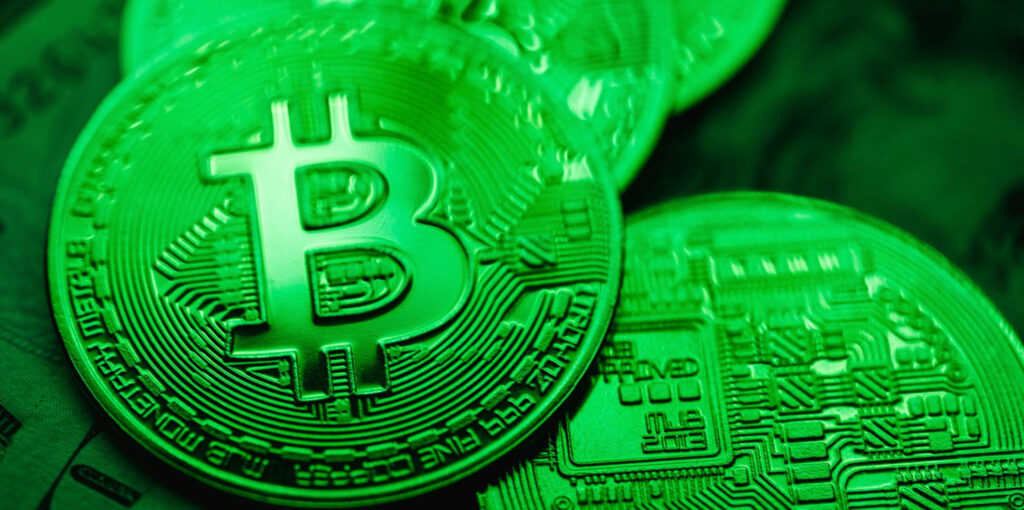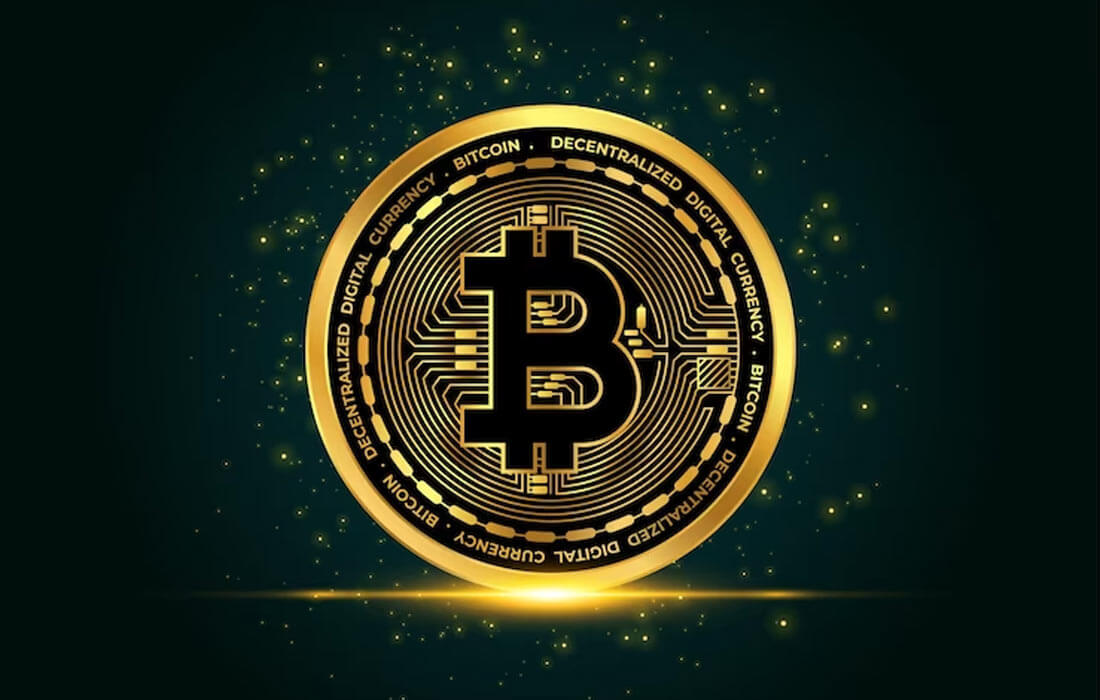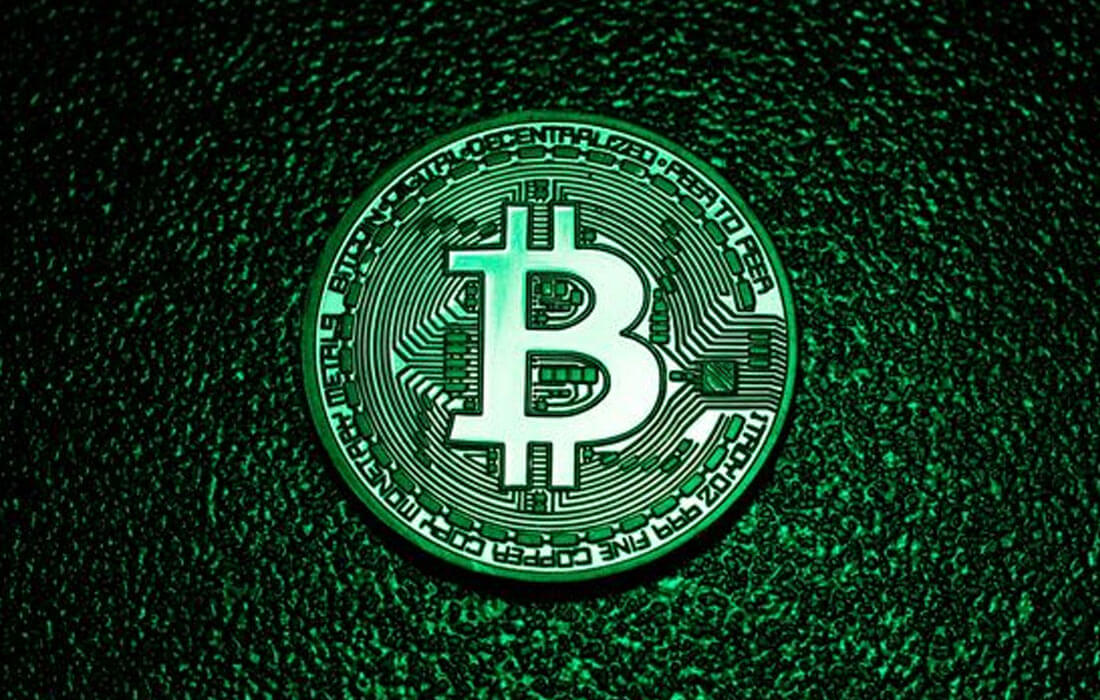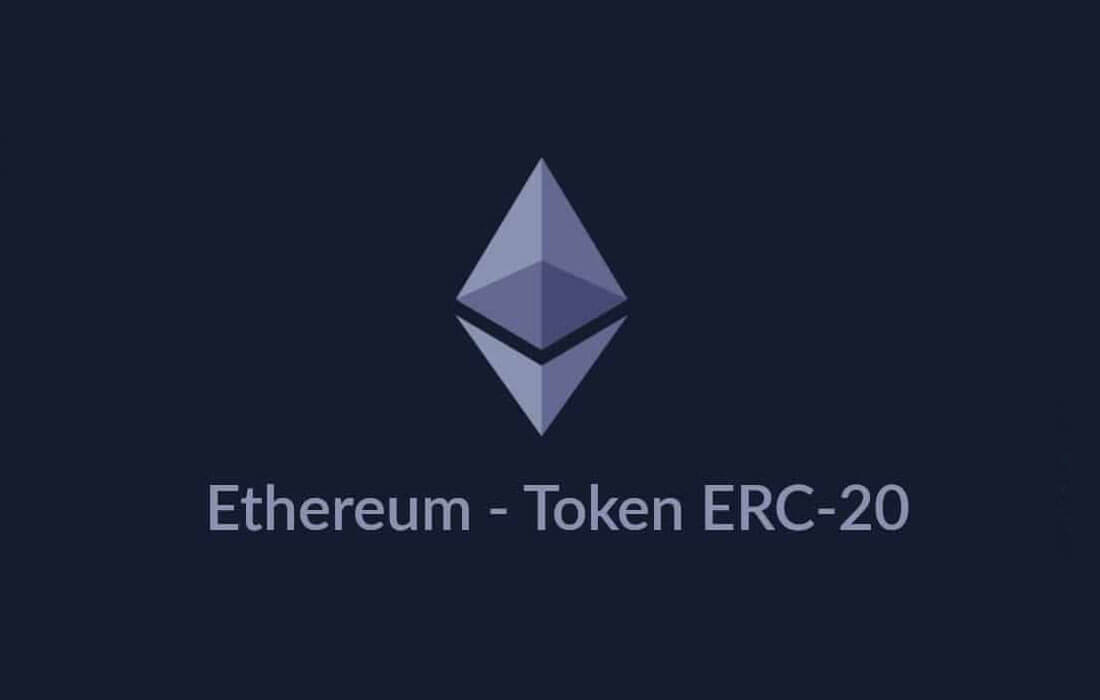Tokens are the backbone of technology blockchain and cryptocurrencies, as they enable a variety of applications that would otherwise be impossible. But what exactly is a token? And what types of tokens exist? In this blog post, we'll take a look at these issues and explore the different types of tokens out there. So let's get started!
Token Definition
Tokens can add real value to a given context of communities, regardless of the material they are made of. Casino chips are a perfect example: despite being just different colored pieces of plastic, they can indicate immense financial wealth, compared to how little it costs to produce them.
The same is true of tokens in the world of cryptocurrencies, which are created from pieces of programming code known as “smart contracts” that run on the blockchain. Such contracts define the operations of a tool or platform built with cryptographic technology, and can be used for various activities, such as property tokenization or digital currency transactions. In the end, their value is only determined by those who use them.
Use of Tokens
Tokens have the potential to revolutionize digital currencies and assets within a private network. Tokens are incredibly versatile and can be used for a wide variety of purposes, from granting rights to users, to providing payment for work or data, to incentivizing more participation.
Additionally, tokens can also act as gateways for users to gain access to additional services or enhanced user experiences. Despite this kind of flexibility, ultimately the decisions about how the token is used rest entirely with the designer, who must determine what features or values are included in each token he creates.
With this high level of customization, tokens allow individuals and organizations alike to gain control over their commitment to a private network – creating an optimized system tailor-made for their specific needs.
Difference Between Crypto Tokens, Cryptocurrencies, and Altcoins
Cryptocurrencies, tokens, and altcoins are different things. Next we will explain the difference between them:
Cryptographic Tokens
Crypto tokens are an essential component of the cryptosphere. They provide an efficient way to ensure secure transfers of value, and can be used as payment or to represent other digital assets, such as voting rights. These tokens are not self-sustaining, they are fed by blockchain technology and are generated through smart contracts that determine their functionality and limitations within blockchain technology.
Cryptocurrencies
Cryptocurrency is a digital payment system that has been gaining popularity due to its decentralized nature. Bitcoin (BTCUSD) is the largest cryptocurrency by market capitalization. The concept of cryptocurrencies is solely transactional, unlike other tokens.
Altcoin
The success of Bitcoin has given way to a wave of new cryptocurrencies, known as altcoins, that seek to improve on the original construction or introduce novelties to the market. Ethereum (ETH) Litecoin (LTC) and Bitcoin Cash (BCH) are some of the most popular among them and are seen as potential competitors to Bitcoin's dominance in the crypto economy.
Token types
Currency Tokens
Currency Tokens, also known as cryptocurrencies, have been gaining ground in the financial sphere and in our daily lives in recent years. These digital currencies, such as bitcoin, are not only used as a secure and decentralized way to store value, but are also beginning to be accepted for a wide range of transactions.
For example, we can currently buy plane tickets, shoes, subscribe to online services and even, in some cases, pay our taxes with this type of digital currency. The growing adoption of Currency Tokens is undoubtedly a sign of a significant change in the global financial landscape and opens up new possibilities in the way we transact and manage our finances efficiently and securely.
Utility token
Utility Tokens play a crucial role in the cryptocurrency ecosystem by serving as the unit of measure for digital assets in various projects and communities. Unlike other tokens that seek to be a financial investment, Utility Tokens are primarily designed to provide access to specific services and benefits within a given blockchain ecosystem.
It is important to note that, although they are not conceived as an investment in themselves, the increase in demand and the possible limitation in their supply may influence the variation in their value. These tokens, then, represent an innovative way of interacting and participating in platforms, applications and projects based on blockchain technology, offering its users a more efficient, flexible and secure experience.
community token
They are an option within utility tokens. These types of tokens, focused on the idea of community, can be used by different groups, such as play-to-earn game players, users of metaverse experiences or crypto platforms.
The purpose of these tokens is to provide access to a series of exclusive benefits for their holders, which can vary from discounts and rewards to special features. In addition, these tokens usually provide access to their own communication channels in applications such as Discord, Slack and Telegram, thus promoting interaction and connection between community members.
Security Token
Security tokens offer an innovative and efficient way to make investments. Functioning as a contract, those who acquire these tokens seek to make a profit, either currently through dividends from a company, or in anticipation of future economic benefit.
Security tokens represent guarantees of ownership of a part of the issued digital asset, which allows investors to participate in the increase or decrease in its value based on market fluctuations.
Additionally, these tokens can operate like shares, giving holders similar rights and privileges to traditional investors. Because they are designed to generate financial income, these instruments are generally subject to more stringent regulations, thus ensuring a safe environment for their investors.
Equity Token
Considered a variation of the security token, this type of token grants its holder a series of benefits and exclusive rights. Among them, the possibility of having a property right over the asset it supports stands out, as well as receiving profits derived from its performance in the market. In addition, the holder of an equity token also has the ability to actively participate in business decision-making, as they are granted voting rights at shareholder meetings.
Asset Token
Through Asset Tokens, it is possible to access a global investment market without the need to deal with bureaucratic procedures or physical travel. By providing an easily transferable and secure buying and selling tool, tokens democratize access to valuable assets, increasing liquidity and driving sustainable economic growth.
In this context, the use of asset tokens is emerging as one of the most promising trends in the business world, redefining the way of participating and interacting in the global financial market.
Government Tokens
This type of token offers a leading role to its holders, who can influence future developments by proposing new features, changes and corrections, and expressing their opinion in votes related to the operation of the project. This approach seeks to establish a balance between the interests of the shareholders and the development team, allowing joint progress towards the success of the initiatives.
Users can obtain governance tokens either as rewards given by the decentralized autonomous organization (DAO) itself for use or interaction on its platform, or through direct acquisition with other cryptocurrencies. In this way, participation is encouraged and those who are committed to the evolution and improvement of the project are rewarded, creating a dynamic and enriching ecosystem.
token standards
ERC-20
It allows for the creation of fungible tokens that can be traded between their holders, making them ideal for funds or any other asset transfer purpose. Furthermore, it provides an application programming interface (API) that allows developers to easily create smart contracts, which in turn leads to the development of interoperable decentralized applications (DApps) that participate in an interconnected ecosystem.
ERC-721
It is the most widely used standard for creating non-fungible tokens (NFT). This token standard allows developers to create tokens with unique characteristics and attributes, making them unique and immutable from other tokens. It offers a wide range of applications, including digital collectibles, game assets, virtual real estate, and more.
ERC-1155
It is a type of token that combines the features of ERC-20 and ERC-721 tokens. This token standard allows developers to create fungible and non-fungible tokens, offering greater flexibility when building smart contracts and decentralized applications.
SLP
The Simple Ledger Protocol (SLP) is the native ecosystem standard Solana and allows developers to create fungible and non-fungible tokens. It has an advanced but intuitive technical structure, which makes it very flexible and compatible with the ERC-20 and ERC-721 standards.
BEP-20
BEP-20 is the token standard used by Binance SmartChain (BSC), the native blockchain of the popular cryptocurrency exchange Binance. It offers a very flexible framework for developers to create tokens with unique characteristics, such as utility tokens, stablecoins, and even non-fungible tokens (NFTs).
TRC-10 AND TRC-20
They are native tokens of the network Tron, which offer support for multiple smart contracts and a variety of unique features. The low gas rates of these tokens make them attractive to developers looking to build decentralized applications on the blockchain. Furthermore, its interoperability creates opportunities for tokens from different networks to interact.
ERC-20 WAVES
The ERC-20 Waves is an iteration of the standard Ethereum specifically designed for enterprise-level decentralized applications. This version of Ethereum improves on the original by expanding interoperability capabilities, allowing developers to create projects that interact with different protocols and exchange platforms, significantly expanding their functionality.
NEP 5
NEP-5 is a standard for native tokens used on the blockchain. NEO. It has a unique feature that shows the decentralized nature of blockchain technology: tokens are valuable and contribute to the advancement of the NEO ecosystem. By being exchanged within the NEO platform, they allow users to create, store and exchange value with each other.
By having native tokens, users benefit from reliable transactions backed by strong security protocols. Developers also have tools that streamline app development, which drives their widespread adoption.
Conclusion
Tokens are an essential part of the blockchain ecosystem and have been used to create a wide variety of applications. From fungible tokens like ERC-20 and TRC-10 to non-fungible tokens like NEP-5 and ERC-721, these token standards give developers greater flexibility when building smart contracts or decentralized applications.
Furthermore, interoperability between different networks has opened up opportunities for projects from various platforms to interact with each other. With so many possibilities available through tokenization, it is not surprising that this technology is gaining more attention every day. We can't wait to see what innovative use cases will be created next, don't get left behind! contact us if you want to enter the blockchain world!






